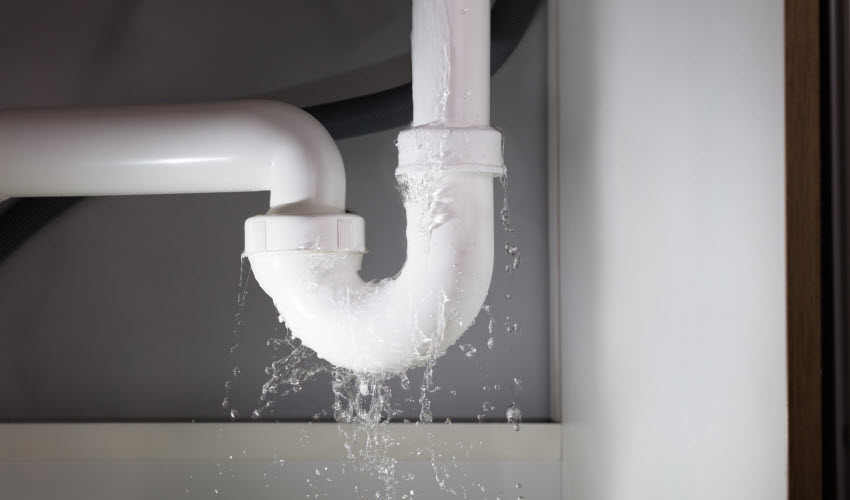- Individuals & Families
- Businesses
- Agents & Brokers
- Embedded Insurance

Chubb ranked #1 for Customer Satisfaction with the Home Insurance Claims Experience

Chubb ranked #1 for Customer Satisfaction with the Home Insurance Claims Experience

Chubb ranked #1 for Customer Satisfaction with the Home Insurance Claims Experience

Chubb ranked #1 for Customer Satisfaction with the Home Insurance Claims Experience

Because pets are family, Chubb now offers pet insurance with top-rated coverage from Healthy Paws.

Chubb offers the insurance protection you need for travel’s many “what ifs”.

Chubb protects small businesses at every stage – from newly formed start-ups to long-time anchors of the community.

Stay ahead of cyber threats with our free Cyber Claims Landscape Report.

Learn more about our dedicated learning paths, Online Learning Center, and more.



Many digital-savvy consumers look for it as a core or add-on option.

Many digital-savvy consumers look for it as a core or add-on option.

Many digital-savvy consumers look for it as a core or add-on option.

Chubb’s in-house technology makes it easy to integrate what we do into your customer experience.
-
About
-
Claims
-
Login & Pay Bill
For Agents & BrokersFor Travel Advisors
-
Back
Whether it’s from a leaky boiler or a flood, did you know that, according to Chubb claims data, your office is more likely to have water damage than damage from a fire? If your business owns or leases property or office space, it’s best to have a plan and be prepared—these practical tips will help get you started.
Conduct a water damage risk assessment.
A qualified insurance risk engineer can help you spot any issues and prevent water damage from happening in the first place. You’ll want to inspect all appliances that use water, including those in bathrooms, kitchens, and all water supply lines for high humidity levels, damaged pipes and hoses, and other plumbing leaks. Installing a water leak detection and shut-off system can help ensure that if a leak does occur, it can be caught early enough to mitigate damage.
Develop a plan and train the right people.
Work with a qualified insurance risk engineer to put together a water damage response plan that will help you to minimize damage to property and quickly restore your business operations in the event of a water damage event. Make sure to train all security, facilities, and property management staff, and conduct refresher courses each year.

Assemble flood/spill control kits.
Having a water damage response kit on-hand will allow for a quick response in case of an accidental water incident; this might include:
- High-volume wet vacuum
- Discharge hose at least 30 feet long, to be used with the wet vacuum
- Heavy duty sorbent brooms
- Wide rubber squeegee
- Filled sandbags (multiples of these, especially to protect sensitive electrical equipment, if your building is in an area susceptible to flooding)
Store these kits in areas where you’ll need them quickly, such as security or mechanical rooms.
Install flood gates.
If your business is located in a flood zone, consider installing flood gates to prevent water from coming into the facility. If permanent measures aren’t practical, you can install temporary flood gates, which can be attached to protect entry doors, windows, and exterior steps leading below grade.
Review your insurance.
Make sure you have appropriate and complete insurance protection in place, so that if you experience a water damage event, you and your business will be adequately insured.
What to do if you experience a flood
Once you’ve located the leak or water intrusion, relocate affected employees and—if it is safe to do so—contain the spread of water with your flood control kits; identify and shut off electrical equipment threatened by water; and try to remove the water within 72 hours to prevent mold damage.
If you’re a current client and need to file a claim, know that your Chubb team will respond quickly and do what’s right so you can get back to business as usual.
If you’d like to speak to an agent or broker about your coverage, click here.
Insights and expertise







This document is advisory in nature and is offered as a resource to be used together with your professional insurance advisors in maintaining a loss prevention program. It is an overview only, and is not intended as a substitute for consultation with your insurance broker, or for legal, engineering or other professional advice.
Chubb is the marketing name used to refer to subsidiaries of Chubb Limited providing insurance and related services. For a list of these subsidiaries, please visit our website at www.chubb.com. Insurance provided by ACE American Insurance Company and its U.S. based Chubb underwriting company affiliates. All products may not be available in all states. This communication contains product summaries only. Coverage is subject to the language of the policies as actually issued. Surplus lines insurance sold only through licensed surplus lines producers. Chubb, 202 Hall's Mill Road, Whitehouse Station, NJ 08889-1600.

